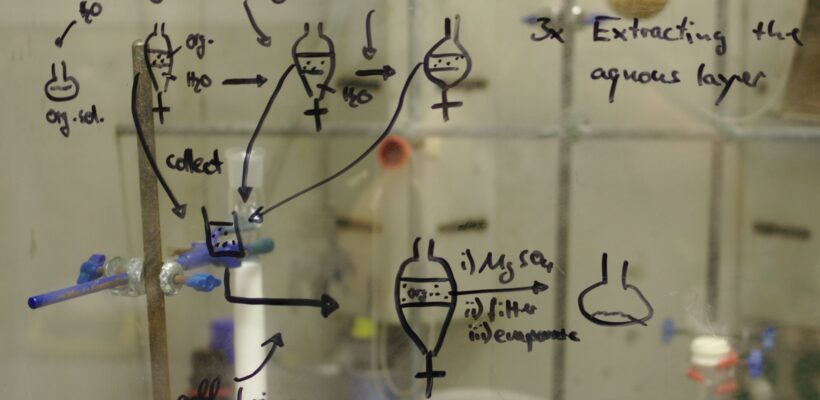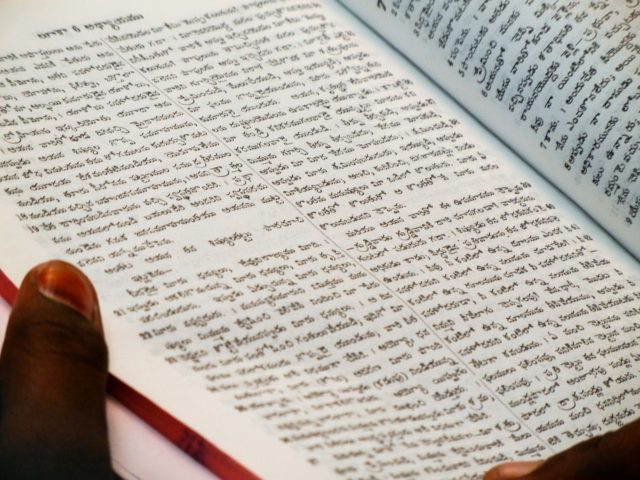Scientific translation is a type of specialized translation which is probably among the most challenging for a translator. If you have to translate a scientific article for a journal, you should know that they have very strict rules in terms of length, writing style, and text formats. How do you translate scientific articles? We explain it all in this article.
Features of scientific translation
Scientific translation, as the name suggests, is the translation of scientific texts that may be about very different topics. It is known for using very specific language that does not give rise to multiple interpretations. To translate these types of texts, it is essential to work with a specialized translator who can produce a totally objective text.
Another identifying feature of these texts is that they do not use figurative language, meaning that, in reality, the translator must basically translate a series of data and conclusions, without tapping into their creative side too much. On the other hand, these kinds of texts employ a lot of technical jargon, making the professional’s job more complex, given that these words are not often used in other areas and are limited to specialized contexts.
Therefore, in order to do a good job, it is essential to be familiar with the terminology the text contains, as well as the content. This means that the professional in charge of translating these texts must thoroughly research the topic, a task that is not absolutely imperative for other types of jobs.
It is worth highlighting that it’s also highly recommendable to have specific knowledge of the topic in question, as well as a thorough knowledge of publishing rules in the target country. This is relevant since, if they are not taken into account, the article may not reach a wide audience, despite all the hard work, as a result of not being adapted to said rules.
How to produce a good translation of a scientific article
In order to write these texts it is necessary, as we mentioned earlier, to understand the original. However, we must also keep in mind the following factors:
Having a perfect command of both the source and target languages.
This is essential. As we mentioned above, the translator must completely understand the text to be translated, and this is only achieved by mastering both languages to perfection. Having some knowledge about the topic in question, although not strictly necessary, will also make the task easier.
Research
For such tasks, more research is necessary in order to gain a deep understanding of what the text is about and, also, to expand the information needed to grasp what the article is about in a rigorous, effective way. Also, this research must be constant since, by doing so, we will be nourished by the article’s scientific context, making it increasingly easier to perform such tasks.
Avoiding improvisation
In these articles, we must never include our own or other people’s opinions, nor must we draw conclusions. Why? On doing so, we may end up significantly altering the original meaning of the text. These articles are known for their objectivity, so you should stick to what is expressed in the publication.
Other advice
Adding to what we already mentioned, it is important to keep in mind the following recommendations:
- Always try to translate a term rather than explain it, since it will sound more reliable.
- Avoid complicated structures when expressing actions. Opt for verbs, given that this will help you avoid altering the sentence’s syntax.
- In these texts, it is always better to avoid the passive voice.
- Do not overuse appositions.
- You should give preference to English ortho-typographical rules.
It is also very important to pay close attention to the original content, since it may contain errors, in which case the author would have to be consulted. Improving the quality of an original text is always positive, since it will help you gain credibility and prestige with your clients.
And, of course, never forget the context. The final text must be a reproduction of the original writing, but it must be done while adapting to the target culture. Some elements of the content will be related to the country of origin’s culture, meaning that it is essential to adapt them to that of the target country, to facilitate understanding.
Throughout our article, we have highlighted the need to rely on the services of a qualified professional for these types of jobs. A translator who specializes in this field will help you to adapt all those elements, such as citations or references, so that the text, once translated, meets the publishing requirements of both the target country and the journal where it will appear. Here at Blarlo, we work with translation professionals who will know how to translate scientific articles in all languages. We’re here when you need us.






